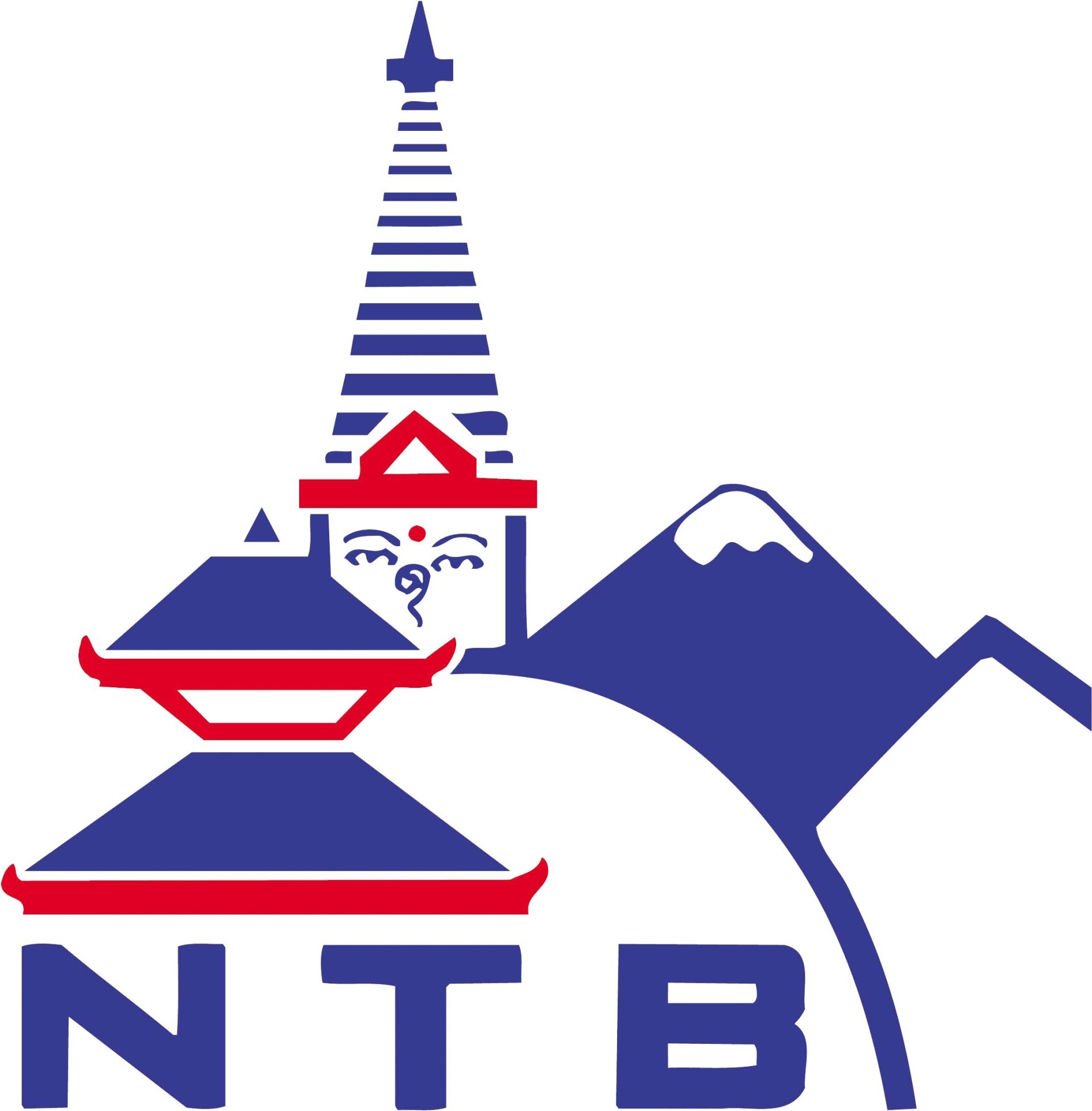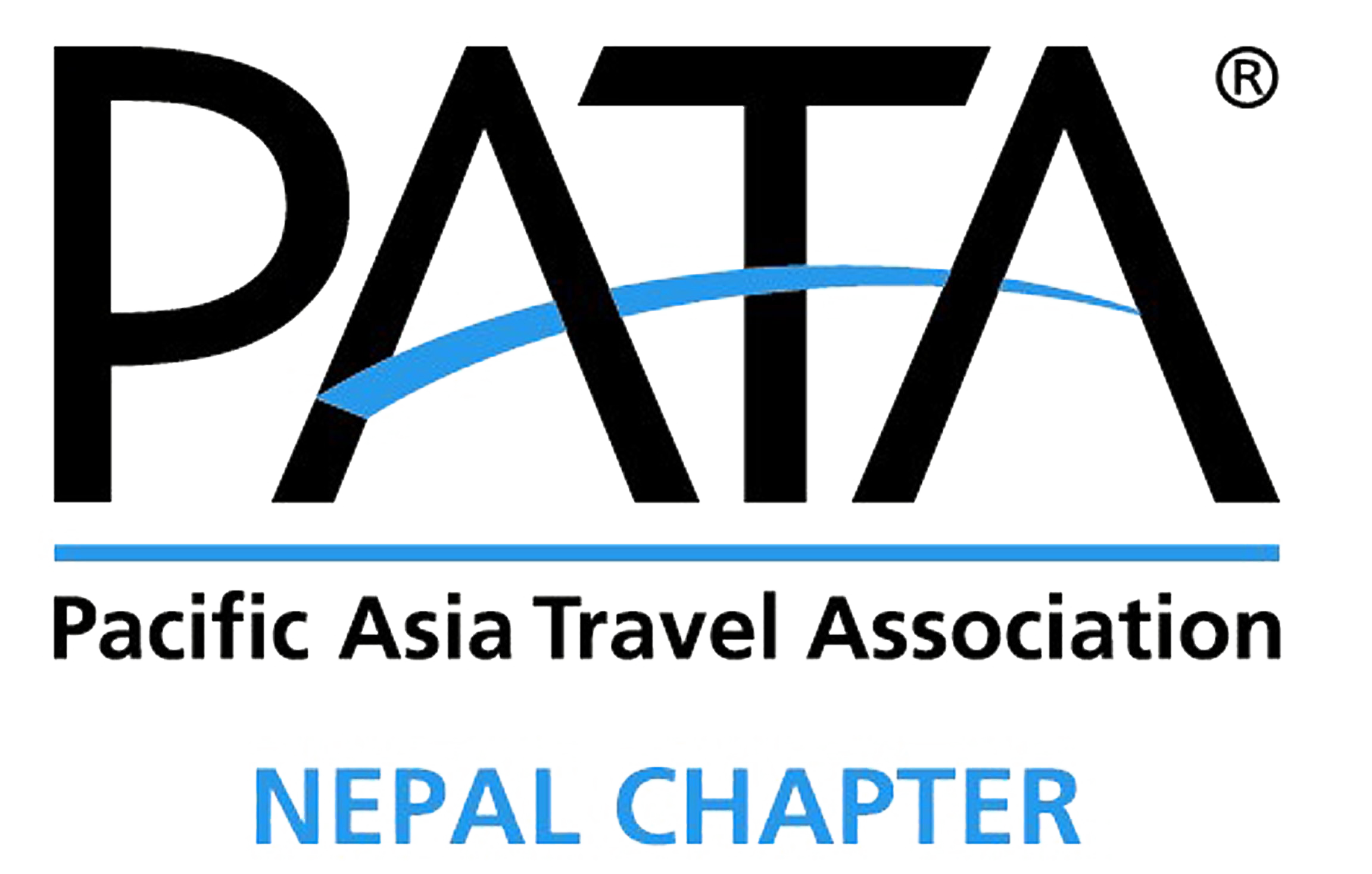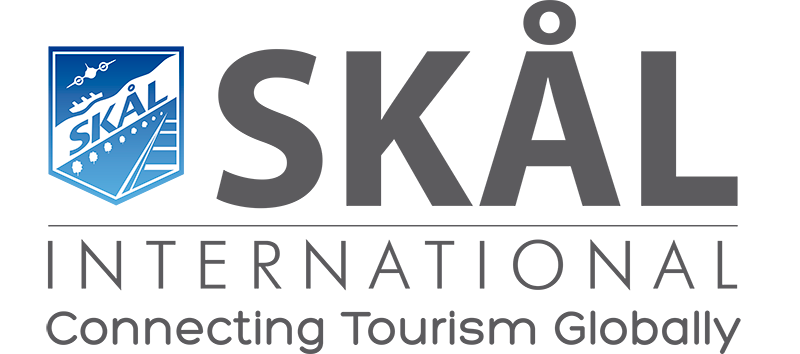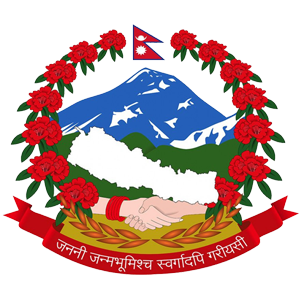
General Questions
Q1: Why should I visit Nepal?
Nepal is a land of stunning natural beauty, rich cultural heritage, and adventure. It is home to the majestic Himalayas, including Mount Everest, UNESCO World Heritage sites, diverse wildlife, and warm hospitality. Whether you're a trekker, culture enthusiast, or nature lover, Nepal has something for everyone.
Q2: When is the best time to visit Nepal?
The best times are:
- Spring (March to May): Mild weather with blooming rhododendrons.
- Autumn (September to November): Clear skies and pleasant temperatures, perfect for trekking and sightseeing.
- Winter (December to February): Ideal for cultural exploration at lower altitudes.
- Monsoon (June to August): Lush greenery but frequent rain showers.
Travel and Entry Requirements
Q3: Do I need a visa to visit Nepal?
Yes, most visitors require a visa. You can obtain a visa on arrival at Tribhuvan International Airport (TIA) or Nepalese embassies/consulates. E-visas are also available. Make sure to check the latest visa policies for your nationality.
Q4: What documents are required to enter Nepal?
- A valid passport (with at least six months validity).
- A completed visa application form.
- Recent passport-sized photos (for visa application).
- Proof of onward travel or return ticket (sometimes requested).
Q5: Are vaccinations required to travel to Nepal?
Vaccinations for Hepatitis A, Typhoid, and Tetanus are recommended. For trekking in rural areas, consider vaccinations for Rabies and Japanese Encephalitis. Consult your doctor before traveling.
Getting Around Nepal
Q6: How can I get to Nepal?
The main international gateway is Tribhuvan International Airport in Kathmandu (KTM). Direct flights connect Nepal with countries like India, China, Thailand, Malaysia, and the Middle East.
Q7: What is the best way to travel within Nepal?
- Domestic Flights: Quickest way to reach distant regions like Pokhara or Lukla.
- Buses: Budget-friendly but slower. Tourist buses are safer and more comfortable.
- Private Cars/Taxis: Convenient for city travel.
- Trekking/Walking: Essential for exploring remote Himalayan regions.
Accommodation and Food
Q8: What types of accommodation are available in Nepal?
Nepal offers a range of options:
- Budget: Guesthouses, hostels, and teahouses.
- Mid-range: Boutique hotels and lodges.
- Luxury: High-end resorts and international hotel chains.
Q9: Is Nepali food safe for tourists?
Yes, Nepali cuisine is delicious and generally safe. Popular dishes include Dal Bhat (rice and lentils), momos (dumplings), and Newari cuisine. Stick to freshly cooked food and bottled water.
Trekking and Adventure
Q10: Do I need a guide for trekking?
While solo trekking is allowed, hiring a licensed guide or porter is highly recommended for safety, navigation, and cultural insights. Some restricted areas require a guide by law.
Q11: What trekking permits are required?
Common permits include:
- TIMS Card (Trekkers' Information Management System).
- Annapurna Conservation Area Permit (ACAP).
- Sagarmatha National Park Permit.
Restricted areas (e.g., Upper Mustang, Manaslu) require special permits.
Q12: What should I pack for trekking?
Essentials include sturdy boots, layered clothing, a sleeping bag, trekking poles, a first-aid kit, sunscreen, and a water purifier.
Cultural and Practical Information
Q13: What are the key cultural etiquettes to follow in Nepal?
- Always remove your shoes before entering temples or homes.
- Dress modestly, especially in rural or religious areas.
- Use your right hand for eating or giving.
- Avoid public displays of affection.
Q14: What currency is used in Nepal?
The official currency is the Nepalese Rupee (NPR). Major cities have ATMs, and currency exchange services are widely available. Credit cards are accepted in urban areas.
Q15: Is Nepal safe for solo travelers?
Yes, Nepal is generally safe for solo travelers. Exercise standard precautions, such as avoiding isolated areas at night and securing valuables. Women traveling alone should take extra care but will find the locals helpful and welcoming.
Adventure Activities
Q16: What are the top adventure activities in Nepal?
- Trekking and mountaineering (Everest Base Camp, Annapurna Circuit).
- White-water rafting and kayaking.
- Jungle safaris in Chitwan and Bardia National Parks.
- Paragliding in Pokhara.
- Bungee jumping and zip-lining.
Communication and Connectivity
Q17: Is Wi-Fi available in Nepal?
Wi-Fi is widely available in cities and tourist areas, though speeds may vary. Trekking regions have limited access and may charge a fee.
Q18: Can I use my mobile phone in Nepal?
Yes, purchase a local SIM card (e.g., Ncell or Nepal Telecom) for affordable data and calling. Ensure your phone is unlocked.
Miscellaneous
Q19: Can I drink tap water in Nepal?
No, it is unsafe to drink tap water. Stick to bottled, boiled, or filtered water.
Q20: What should I do in case of an emergency?
- Contact your embassy.
- For medical emergencies, call 102 or visit a hospital in Kathmandu or Pokhara.
- Trekking areas often have rescue services; ensure you have travel insurance that covers helicopter evacuation.







